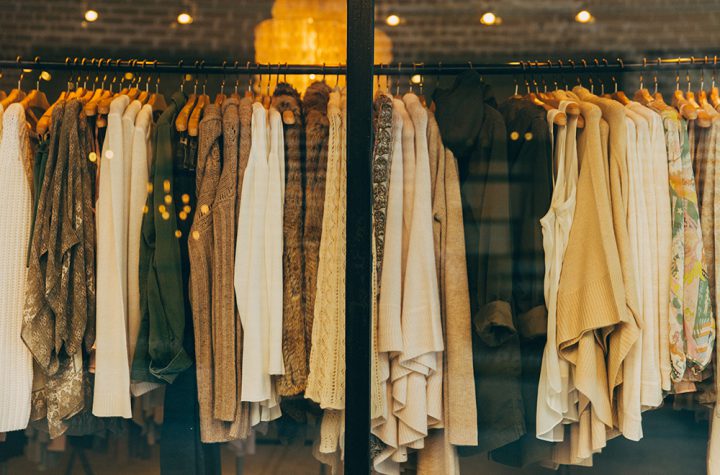
Michael Bociurkiw is a global affairs analyst and a former reporter for the South China Sunday Morning Post
How odd it was to see Hong Kong chief executive Carrie Lam flanked by officials, appearing at a news conference on Jan. 28 wearing surgical face masks.
The masks were intended to be a signal to the Hong Kong public to take precautions against the spread of the coronavirus. However, in some Hong Kong circles, it was greeted as ironic. Ms. Lam had fought hard to ban the public wearing of face masks in response to months of anti-government protests (the Hong Kong courts struck down the measure as unconstitutional and an appeal is in the works).
Story continues below advertisement
Sitting where it does near the Chinese mainland, and with millions of mainland travellers crossing into the territory each month, Hong Kong has massive exposure to the outbreak. More than 17,000 cases have been reported globally most concentrated in mainland China, where more than 300 have died so far. Hong Kong to date has 15 confirmed cases.
Hong Kong closed almost half of its border checkpoints last Thursday. To push for all borders to be closed, health-care workers in Hong Kong kicked off a five-day strike on Monday. They are also complaining of a lack of isolation facilities, protective gear and surgical masks.
On Monday, Ms. Lam extended the closings, leaving only two crossings operational the Shenzhen Bay border and the Hong Kong-Zhuhai-Macau bridge in addition to the international airport and a cruise ship terminal.
In November alone, almost two million visitors crossed into Hong Kong from the mainland, and until Mondays additional closings, about 100,000 a day.
The Hong Kong people have every right to demand more stringent containment measures, and after months of tone deafness towards pro-democracy protesters, Ms. Lam has an opportunity to show she places the concerns of her citizens above all else.
While sealing off the border would run counter to World Health Organization (WHO) guidelines to avoid travel and trade restrictions, memories of the 2003 epidemic of severe acute respiratory syndrome (SARS), which infected more than 1,700 people and killed almost 300, are still fresh in Hong Kong.
Clearly, Ms. Lams actions on Monday were aimed at striking a balance of not appearing to seal off Hong Kong which is a part of China completely from the mainland, and yet trying to appease the striking health workers. Ms. Lam would have also been acutely aware that her masters in Beijing are against the imposition of travel and trade restrictions as a way to fight the virus.
Story continues below advertisement
Ms. Lam argued that many people on either side of the border cross each day for jobs and that some Chinese mothers who do not yet have permanent right of abode arrive in Hong Kong each day to look after their children.
Beijing has criticized the United States mostly, for introducing what it regards as draconian and hypocritical measures to limit the flow of people from China. It has been citing the WHO guidance in a propaganda salvo at the United States for exploiting the situation while on Monday referring to Canada as a bulwark of calm in comparison.
However, even Singapore, one of Chinas closest trading partners, has essentially sealed itself off from China by banning all travellers, even those in transit.
The coronavirus crisis has a silver lining for Ms. Lam, as it has cooled the passions of anti-government protesters at least for the time being. The protests have carried on for seven months and caused major damage to the Hong Kong economy and societal cohesion. While the major protests have stopped, the government is still dealing with some non-violent rallies and strikes and the occasional minor clashes with radical protesters.
Without a doubt, plenty of localist protesters will use the virus outbreak to push for a reduction in the number of connections with China and they may be successful if the border closes entirely. What is unusual is that support for a complete closing has come from across the political spectrum in Hong Kong.
Beijing should allow Hong Kong to take whatever measures it thinks appropriate to protect itself against a full-blown outbreak. It would send an encouraging signal to the territory that it has the freedom to enact sensible measures on bilateral issues where it has been completely powerless, for example, stopping cross-border pollution.
Story continues below advertisement
As the past few days have shown, many United Nations member states consider WHO guidance as too little, too late and feel compelled to introduce their own measures, no matter how draconian or economically painful. Even though they are a part of China, Hong Kong people have every right to protect themselves against this virus.
Keep your Opinions sharp and informed. Get the Opinion newsletter. Sign up today.




More Stories
As the pandemic wreaks havoc on TV and movie ‘love lives’, intimacy coordinators need to find ways to adapt